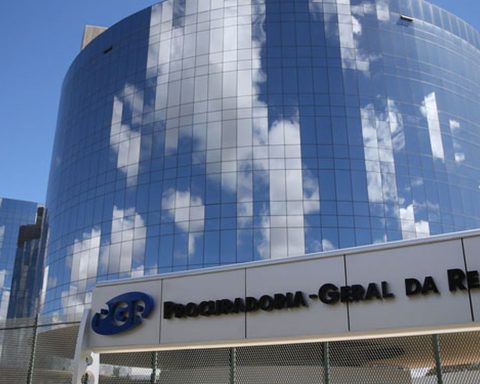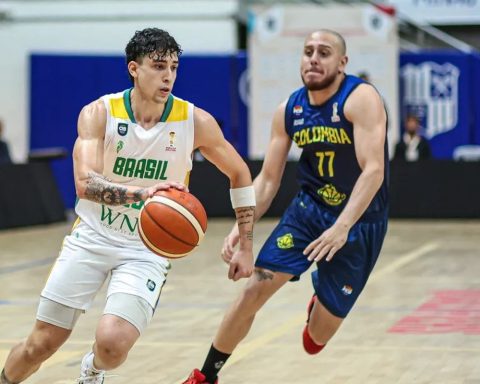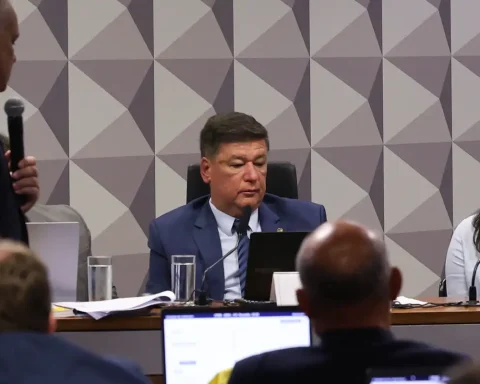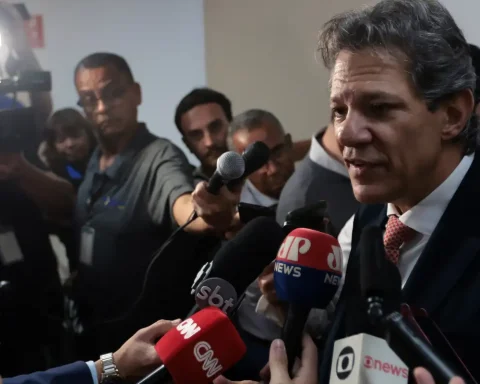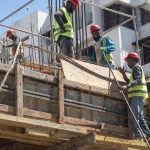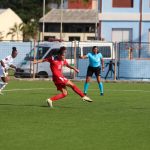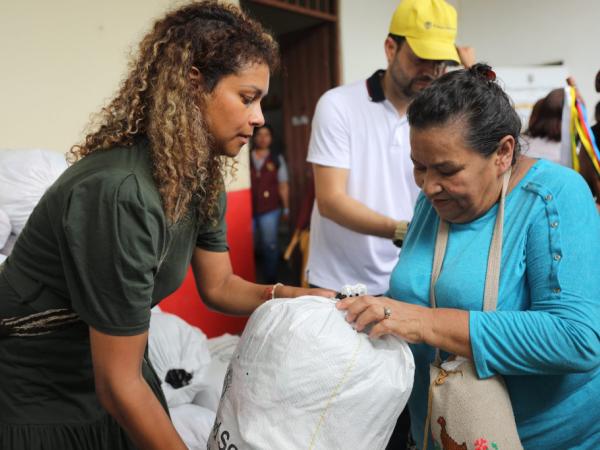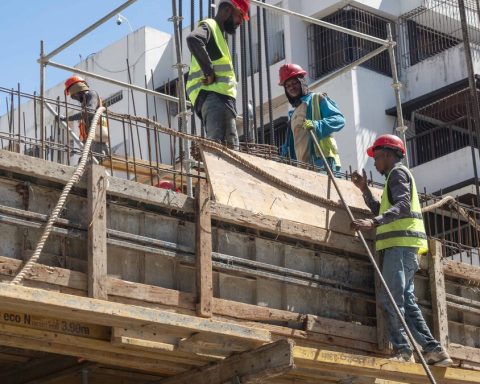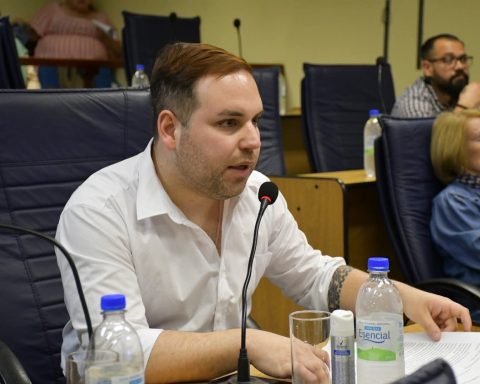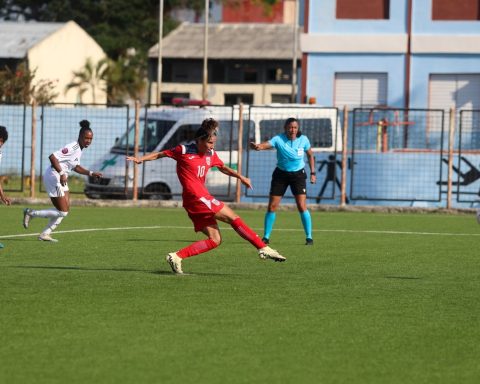The Articulation of Indigenous Peoples of Brazil (Apib) appealed to the Ministry of Justice and Public Security (MJSP) and the Judiciary to cease attacks on the Avá-Guarani indigenous people of the Indigenous Land (TI) Tekoha Guasu Guavirá, located between Guaíra and Terra Roxa , in western Paraná.
According to complaints from the Indigenous Missionary Council (Cimi), since December 29, 2024, the place has been the target of violent actions that resulted in an indigenous man being shot in the arm, on the 31st, and another indigenous woman being burned in the neck, on the 30th. .
According to Cimi, the episodes of violence were announced more than a month ago by non-indigenous people unhappy with the retaking of traditional territories by the indigenous people. The manifesto “SOS Aldeia Yvy Okaju Runs the Risk of Extermination”, launched by the Avá-Guarani on November 23, already denounced the threats. “We received a message that on December 25, 2024, white people are organizing to carry out a new attack against our community”, highlights the document.
In the same month, given the tension in the region, the MJSP authorized the employment of the National Public Security Force, to operate on a permanent basis.
However, indigenous institutions consider the military’s actions ineffective. “Indigenous people and government bodies have activated the National Force with each new attack, but so far there has not been the expected response. The attacks continue, the lives of indigenous people are without any protection”, said Cimi’s executive secretary, Luis Ventura.
In a note, Apib also informed that, in addition to the MJSP, it took legal action against the 6th Chamber of the Federal Public Ministry (MPF), the National Council of Justice (CNJ), the Court of Justice of Paraná, the Ministry of Indigenous Peoples ( MPI), the National Human Rights Ombudsman’s Office, the Regional Human Rights Ombudsman’s Office in Paraná and the Public Ministry of Paraná to take the necessary measures to put an end to the attacks.
Resumption
The statement also highlights that the conflict in the region has been going on for years and dates back to the time of the construction of the Itaipu Binacional Hydroelectric Plant, “which expelled the Avá Guarani from the region for the construction of the hydroelectric plant, and they are in the process of retaking their ancestral lands, ending up suffering with violence in the territory that is yours by original and ancestral right.”
At the beginning of December 2024, the federal government created a Situation Room to Monitor Indigenous Land Conflicts. Members of the Ministry of Indigenous Peoples (MPI), the National Foundation of Indigenous Peoples (Funai), the Ministry of Human Rights and Citizenship (MDHC) and the National Human Rights Ombudsman (ONDH) were on site to listen to qualified needs of the Avá-Guarani people. The objective of the initiative would be to seek strategies to face difficulties and guarantee the continuity of indigenous traditions and ways of life.
The ministries of Indigenous Peoples and Justice and Public Security were questioned by the Brazil Agency about Apib’s request, but at the time of publication of the report there was no response.


